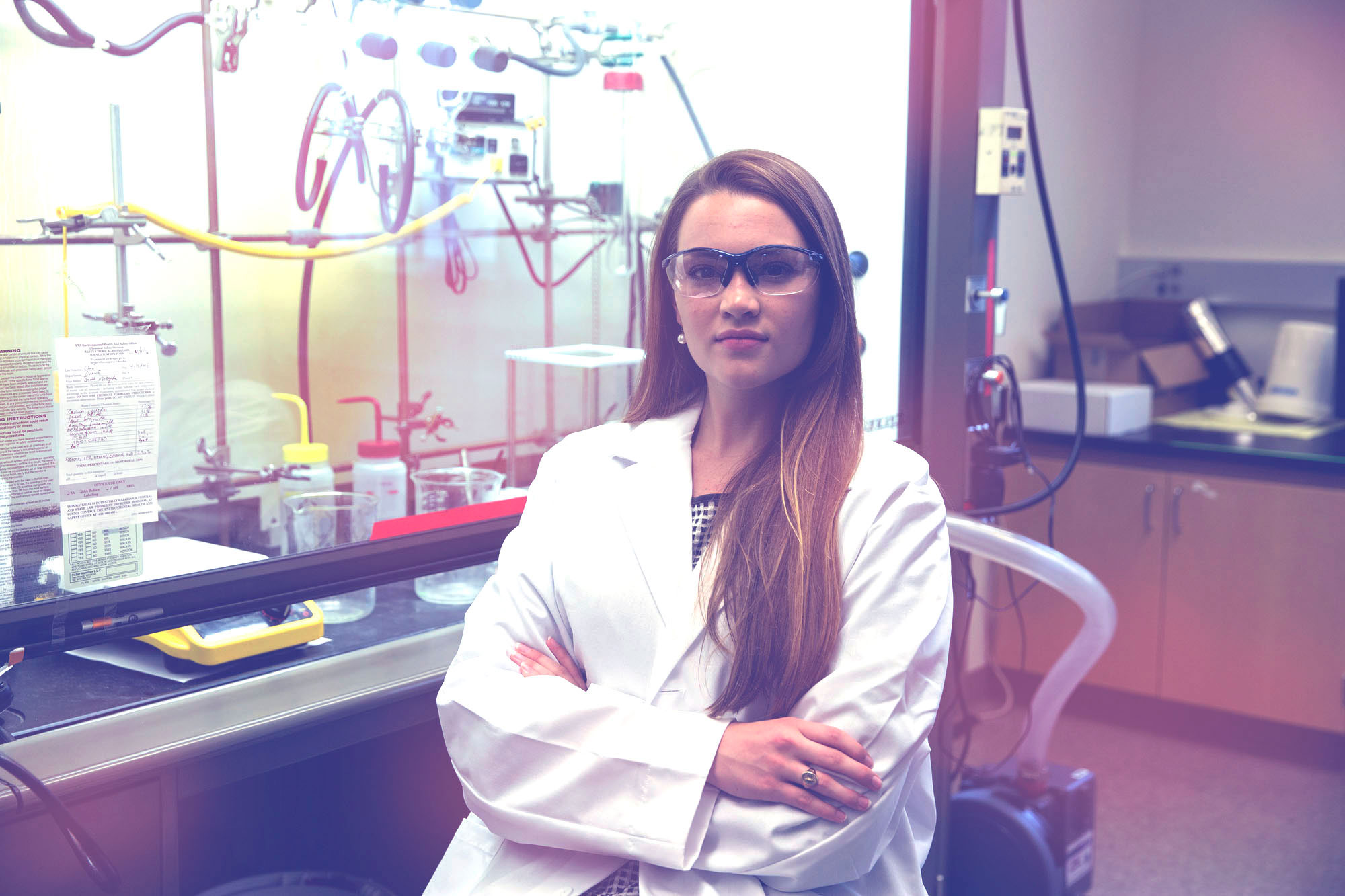On May 20, 2016 gathered to acknowledge the many accomplishments of our faculty and students.
The event not served to honor the awardees, but also to honor and thank all who were nominated as well as the many students who daily take an active role and personal ownership in the ongoing development of programmatic excellence.
Nominations for 2016's graduate student awards included some of our finest students.
The
2016 Doris Kuhlmann Wilsdorf Outstanding Graduate Student Award is intended to recognize a graduate student for outstanding scholarship. This includes both exemplary research contributions and advancement of the MSE academic mission.
The Nominees for the 2016 Doris Kuhlmann Wilsdorf Outstanding Graduate Student Award were:
Ehsan Monazami
Gopal Ramalingam
Brian Donovan
Leslie Bland
Zachary Harris
Noelle Co
The
2016 Doris Kuhlmann Wilsdorf Outstanding Graduate Student Award was tie, going to
Ehsan Monazami and
Gopal Ramalingam. Congratulations!
- - - - - - - - - -
The
2016 Fred D. Rosi Outstanding Citizen Award recognizes a graduate student for overall citizenship and contributions to the academic, educational, and outreach goals of the MSE department and for exemplary teamwork.
Nominees for the 2016 Fred D. Rosi Outstanding Citizen Award were:
Megan Wilson
Noelle Co
Marybeth Parker
Micah Schaible
Leslie Bland
Bonnie McFarland
This
year’s winner is receiving this award specifically for the breadth and depth of
his service to MSE, to SEAS, and to the community at large. Congratulations
and thank you to Micah Schaible!
Previous Awardees:
Doris Kuhlmann Wilsdorf Award previous winners include :
2010 Chris Petz
2012 Ryan Comes
2013 Eric Schindelholz
2014 Lok-Kun Tsui
2015 Bradley Richards and Rebecca Schaller
Previous award recipients of the for Fred D. Rosi Award: 2010 Matt Steiner
2012 Kathleen Shugart
2013 Bradley Richards
2014 Andrew King and Matthew Schneider
2015 Mary Lyn Lim







